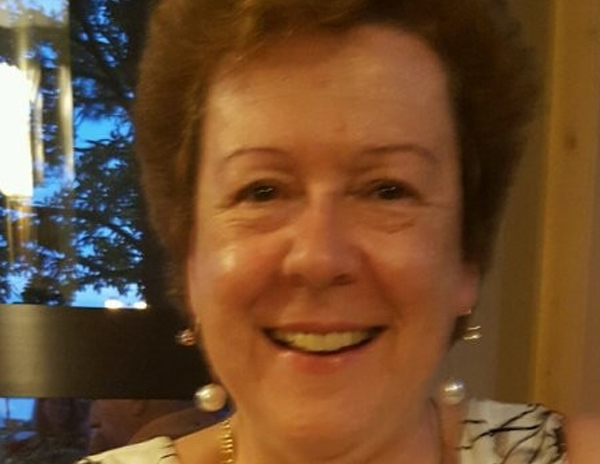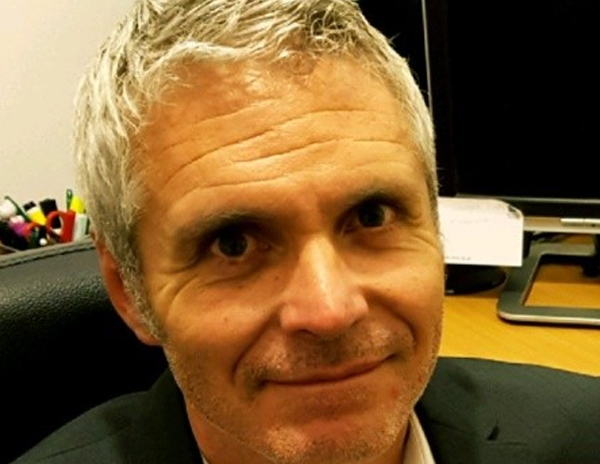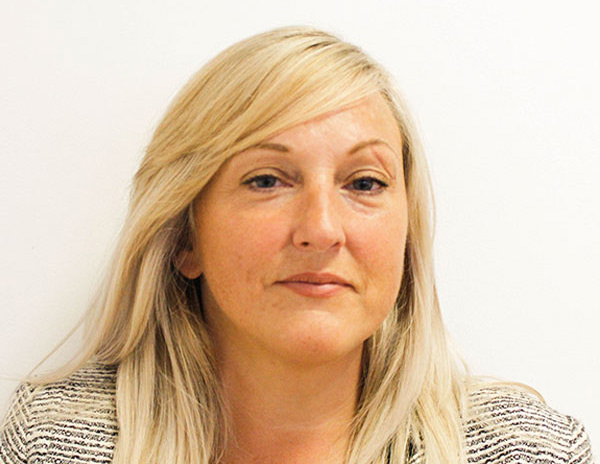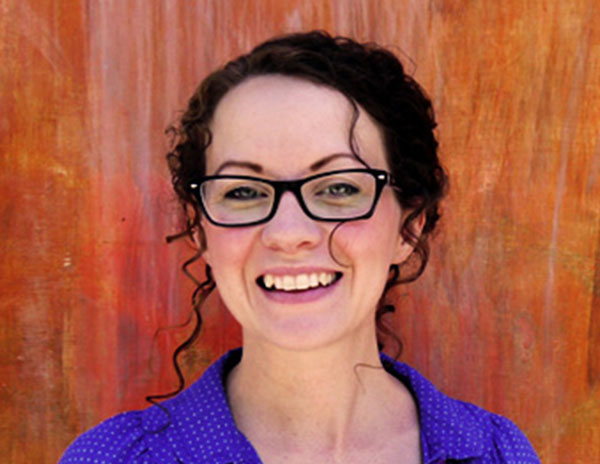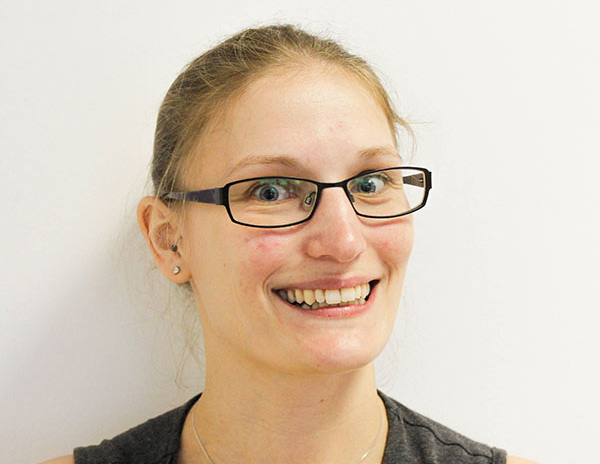Call us on: 0330 088 8408
Specialist teaching of SpLD targets learning difficulties in an isolated area, such as literacy or numeracy. The most common SpLDs are:
Our specialist teachers use an individual's strengths to teach support strategies in addition to group and systemic work.
Specific learning difficulties (SpLD), affect one or more specific aspects of learning. This encompasses a range of conditions such as dyslexia, dyscalculia and dyspraxia.
SEND code of practice, 2015
A child with a specific learning difficulty is as able as any other child, except in one or two areas of their learning. For instance, they may find it difficult to recognise letters, or to cope with numbers or reading.
There are many different types of specific learning difficulty, but the best known is probably dyslexia.
Royal College of Psychiatrists, Specific learning disabilities, 2017
Even though SpLDs are related to an isolated area of learning, the effects of the SpLD can impact many areas of an individual's life which is why we offer a broad range of specialist teaching services in relation to SpLD. Our SpLD specialist teachers offer the following services in relation to Dyslexia, Dyscalculia, DCD / Dyspraxia, Dysgraphia:
All our SpLD specialist teaching services are bespoke depending on the needs and requirements of the children, young people, education staff and setting.
Unidentified and unsupported dyslexia and related conditions can lead to emotional distress, frustration and poor self-esteem. This can result in a child becoming withdrawn, or more commonly to develop behavioural issues. Rather than focusing on behavioural problems, schools would be advised instead to address the possible underlying causes, which in many cases may be previously undiagnosed specific learning difficulties.
British Dyslexia Association, What are specific learning difficulties?
Our SpLD specialist teachers provide a range of individual interventions and group work related to the following areas:
Within each of the above areas there are many specific interventions and groups available.
Our specialist services can be accessed by education, health and other professions working with children and young people.
Consultancy and whole school services are provided in relation to the needs present within an education setting. Below are examples of the consultancy and whole school services our SpLD specialist teachers provide:
To learn more about the consultancy and whole school services we provide, please contact us on office@ehp.org.uk or 0330 088 8408.
Our SpLD specialist teachers offer a broad range of training, including:
Throughout the year we run CPD events which may include information on SpLD from our multidisciplinary team.
Our training is available on and off site for education settings and organisations in relation to health, psychology and education.
Our SpLD specialist teachers work with students who have needs related to Dyslexia, Dyscalculia and DCD / Dyspraxia. Our ADHD specialist teachers specialise in working with children and young people who have SpLD related to attention.



Using our SpLD specialist teachers brings many benefits as they help to:
Using our SpLD specialist teachers helps to identify and address SpLD needs within an education setting to bring about positive change.
Our services can be funded through a variety of ways.
SpLDs can impact isolated areas of learning, including literacy and numeracy. As SpLDs are unrelated to intellectual ability they can remain unidentified due to individuals using their strengths to mask any difficulties. Early identification and intervention provides appropriate support to children and young people.
Our specialist multidisciplinary services can be commissioned through a service level agreement and as standalone input.
If you would like to find out more about the services we offer or to book a free initial discussion then please contact us not on 0330 088 8408 or email office@ehp.org.uk
EHP © Copyright 2024. ALL Rights Reserved.
Part of Tx Group

At EHP we thrive on feedback. We're happy to hear that this page has been helpful to you, would you like to leave some feedback?
At EHP we thrive on feedback. We're sorry to hear that this page wasn't what you where looking for, how can we improve this service?
At EHP we thrive on feedback. We're sorry to hear that there was something on the page you found unsatisfactory, how can we improve this?

